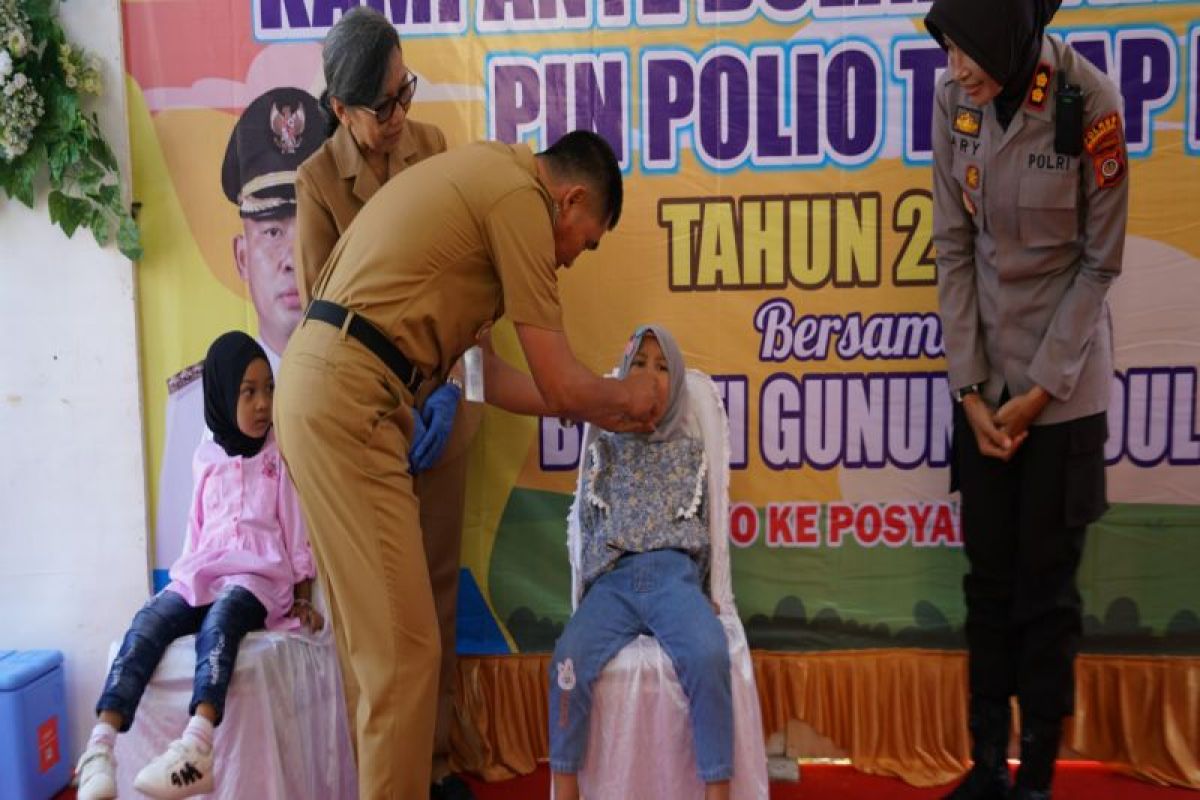Jakarta –
“One, two, three, four, Sheikh Hasina is a dictator!”
These words have become a rallying cry for Bangladesh’s younger generation in recent weeks and on Monday (05/08) their anger ended the 15-year rule of Prime Minister Sheikh Hasina.
Hasina, 76, has ruled the South Asian nation of 170 million people with an iron fist since 2009.
SEVENTEEN
CHECK TO CONTINUE WITH INDEX
A month ago, a wave of demonstrations calling for his resignation would have been unthinkable. But, on Monday (05/08), Hasina was on edge.
It has been several days since the Supreme Court struck down the job quotas that first sparked protests in early July, but the uproar continues, turning into a movement against the ruling government. asked Hasina out of power.
Clashes between protesters and the police claimed dozens of lives on Sunday (04/08).
Nearly 300 people are thought to have died in the wave of demonstrations so far, but on Sunday at least 90 people, including 13 police officers, were killed, the highest number of casualties seen at protests there the recent history of Bangladesh.
Critics called it “assassination”, although Hasina stood her ground.
However, tens of thousands of people took to the streets on Monday (05/08), many of them towards the capital Dhaka, defying a nationwide curfew.
It seems that Bangladeshis are no longer afraid of bullets. What was once a political movement has now become a mass revolution.
Hasina’s decision to flee was also accelerated by the military, which pressured her to resign.
The military, which has ruled Bangladesh in the past and is still highly respected, has a great influence on the country’s politics.
The weekend’s violence and the prospect of a wave of mass protests will force the military to reconsider its options.
Young officers have expressed their concerns when they were asked to shoot civilians in a meeting with the army chief, General Waker-Uz-Zaman, on Friday (02/08).
It is unclear what will happen, but General Zaman is in talks with “a range of stakeholders”, including opposition parties and civil society groups to find a “temporary” solution, a senior source familiar with the matter said. the case with the BBC.
Read also:
No wonder Hasina fled to India. It is not clear what advice she received from across the border, but neighboring Bangladesh has been an important ally for Hasina for some time.
That is why, as the popularity is decreasing, strong anti-India sentiment is growing in Bangladesh.
Delhi has always positioned Bangladesh to be critical to the security of India’s seven landlocked states in northeastern India, most of which border Bangladesh.
Hasina has given transit rights to India to ensure that goods from the mainland reach these states.
It also cracked down on anti-India militia groups based in Bangladesh, which is a major problem in India.
But in the last few weeks, Delhi has had a dilemma. By supporting its unpopular ally, Delhi risks derailing the mass movement and damaging long-standing ties with Bangladesh.
Hasina’s resignation has solved the problem.
As the daughter of Bangladesh’s founding president, Sheikh Hasina is the world’s longest-serving female head of government.
Her father was killed along with most of her family in a military coup in 1975. In that incident, only Hasina and her younger sister survived because they were traveling abroad. over at the time.
After living in exile in India, he returned to Bangladesh in 1981 and joined other political parties to lead a popular revolution for democracy that made him the national image.
ReutersSheikh Hasina was first elected as the governor of Bangladesh in 1996
Hasina was first elected to power in 1996 but then lost to rival Begum Khaleda Zia of the Bangladesh Nationalist Party (BNP) in 2001.
He returned to power in 2009 in elections held under a caretaker government.
His time in power was fraught with allegations of enforced disappearances, extrajudicial killings, and the suppression of figures and critics.
He denies the allegations, and his government has often accused the main opposition parties of inciting protests.
In recent weeks, Hasina and her Awami League party have blamed their political opponents for the unrest sweeping the country.
But this time his anger was greater than before.
It is certainly the worst challenge Hasina, who won a disputed election in January and was boycotted by the opposition, has faced in her years in office.
Over the past few weeks, he has refused to resign, even calling the protesters “terrorists”.
But realizing that the power of the security forces cannot keep people out on the streets does not bode well for any leader, let alone a leader who is in danger.
Watch DetikPagi Live:
(eng/ita)
2024-08-06 02:47:00
#Deadly #demonstration #ends #years #rule #Bangladesh #Prime #Minister #Sheikh #Hasina

